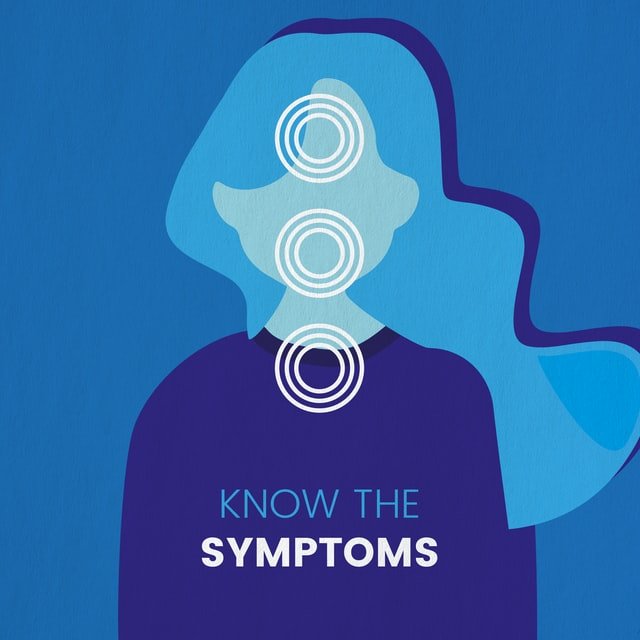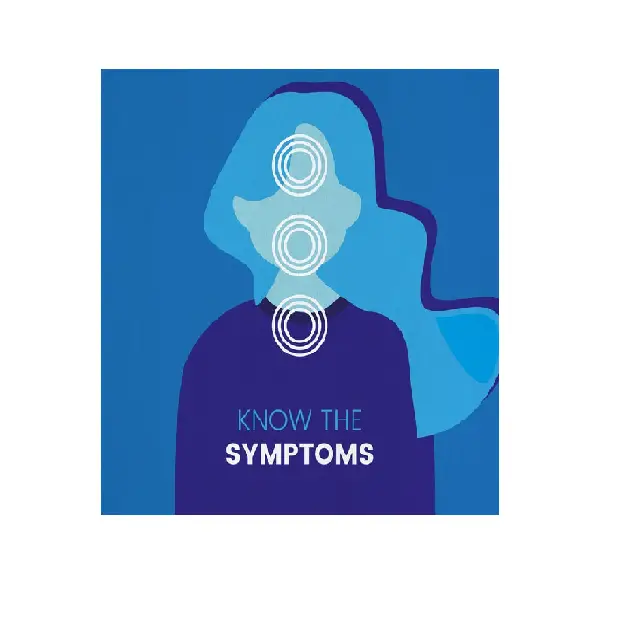Poor indoor air quality can have many different health effects, both in the short term and the long term. What symptoms you experience depends on many factors such as level of exposure, duration of exposure, and your overall health.
Symptoms related to short-term exposure
Sometimes exposure to air pollutants can lead to immediate health effects. According to the Environmental Protection Agency (EPA), these symptoms include:
- irritation of
- eyes,
- nose or
- throat
- headaches,
- dizziness,
- fatigue,
- increased symptoms of
- asthma, or
- other pre-existing illnesses.
Some symptoms related to poor air quality can be very similar to those from viral diseases or the common cold. Therefore, it is not always easy to determine if poor indoor air quality is the cause.

Quickly acting upon the effects
When you notice effects related to poor air quality, removing the source of the pollutant or removing yourself from the source can be a quick solution. If the symptoms fade, they were likely caused by a source of air pollution.
Unfortunately, it isn’t always easy to discover the exact source. There can be multiple sources, or your health effects come from a mixture of air pollutants. So eliminating one source can be insufficient.
Long-term health effects
The EPA states that long-term health effects of air pollutants may show up years after exposure or after long or repeated periods of exposure.
Possible long-term adverse health effects include:
- respiratory disease
- heart disease
- cancer
On top of that, repeated exposure to hazardous substances can cause sensitization.
However, you get exposed to many different compounds throughout your life. Therefore, it is much harder to attribute these symptoms to long-term exposure to poor indoor air.
Overview table of symptoms linked to poor air quality
| short-term symptoms | long-term symptoms |
|---|---|
| irritation of eyes, nose, or throat | respiratory disease |
| headaches | heart disease |
| dizziness | cancer |
| fatigue | sensitization to specific compounds |
| increased symptoms of asthma or other pre-existing illnesses |
How to check your indoor air quality
If you are concerned about your indoor air quality, you can start by checking for indicators in your home. You can read all about how to do that in my article How to check the air quality in your home without using equipment.


